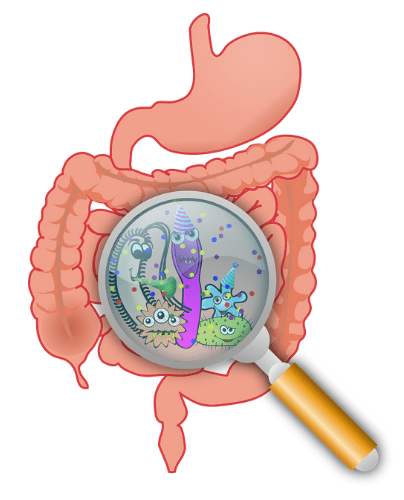
You know how hormones can affect your body, but do you know how they can affect your mental health?
With balanced hormones, it’s far easier to keep your emotions in check. Out-of-balance hormones can wreak havoc on your mental state.
Which hormones can specifically affect your mental health, and how can you get them in balance? It will be different for everyone, which is why we here to help!
At Dynamic Life Health Center, we want to ensure that we get to the root cause of any issues that could be affecting your mental well-being. We will provide a personalized treatment plan to optimize all areas of your health.
How Hormones Affect Mental Health
Here are five specific hormones that directly affect mental health:
- Cortisol: Known as the “stress hormone,” cortisol is released in response to stress. This stress response is necessary in the short term. However, high levels of cortisol over a long period can lead to symptoms of anxiety, depression and sleep disturbances.
- Thyroid Hormones (T3 and T4): Both hypothyroidism and hyperthyroidism can lead to a mood imbalance. Hypothyroidism is often associated with depression. Hyperthyroidism can cause anxiety, irritability, and mood swings.
- Estrogen: This hormone plays a critical role in mood regulation. Fluctuations in estrogen levels can contribute to PMS, PMDD (premenstrual dysphoric disorder), postpartum depression and perimenopausal depression.
- Progesterone: Progesterone has a calming effect on the brain. Low levels of progesterone can lead to anxiety and mood swings.
- Testosterone: Low levels of testosterone in men can contribute to depression, irritability and a lack of motivation.
Signs to Watch For
Common signs to watch for that hormones may be affecting your mental health include:
- Persistent mood swings
- Depression
- Anxiety
- Irritability and anger
- Fatigue
- Sleep issues
- Changes in appetite or weight
- Difficulty concentrating
- Memory issues
- Reduced libido
Other factors can also cause these symptoms, like stress, lifestyle choices and other health conditions. It is vital to identify exactly what’s causing your symptoms so we can properly treat the root cause.
We treat you as a whole person, not just a group of symptoms.
Our Functional Medicine Approach
We take a broader view than just prescribing a pill to treat a mental health issue. While medication can be vital to treat acute symptoms, we know that often it’s not enough to restore a person to vibrant health.
Our functional medicine approach includes spending quality time with you to learn about your conditions and any symptoms.
It also includes personalized diagnostic testing to check for imbalances. Diagnostic testing can also check for other markers to determine your state of health and risk factors for disease.
Your personalized program may include bioidentical hormone replacement therapy (BHRT). This treatment can help balance hormones and ease symptoms related to mood swings, depression and anxiety. We may also recommend nutritional or vitamin supplements to support hormone balance.
What You Can Do to Support Your Mental Health
Here are some specific things you can do right now to support hormone balance and mental health:
- Nutrition: Eat a diet rich in whole foods, with an emphasis on vegetables, fruits, lean proteins and healthy fats. This type of diet can support hormonal balance. Specific nutrients, such as omega-3 fatty acids can improve mood and reduce inflammation.
- Physical Activity: Get regular exercise to help regulate hormones like insulin, cortisol and sex hormones. Regulating these hormones can improve your mood and reduce stress.
- Sleep: Work on getting at least seven to eight hours of sleep at night. Poor sleep can affect the production of cortisol, insulin and sex hormones.
- Stress Management: Techniques like meditation, yoga, deep breathing exercises and mindfulness can reduce stress and help regulate cortisol levels.

